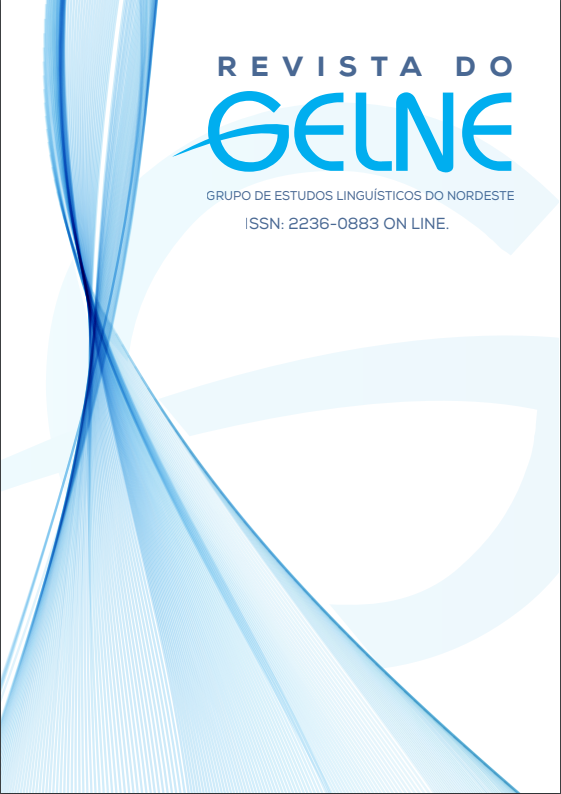VARIATION IN THE FORM OF RELATIVE CLAUSES IN THE CONTEXT OF BRAZIL'S SOCIOLINGUISTIC POLARIZATION
DOI:
https://doi.org/10.21680/1517-7874.2024v26n1ID35103Abstract
Relative clauses with an antecedent introduced by an interrogative word (with the exception of where) or by a relative pronoun governed by a preposition are no longer part of Brazilians’ natural grammar from all social strata. It is plausible that this fact is a result of a morphological simplification process triggered by the massive contact between languages which marks the formation of Brazilian society. However, this kind of change tends to be concentrated only in the lower social classes, which is decisive for the current configuration of sociolinguistic polarization in Brazil. In view of this, the results of the sociolinguistic analyzes of the variation in the form of relative clauses in the collection of Projeto da Norma Urbana Culta - Rio de Janeiro (NURC-RJ) and also from a sample of vernacular speech of popular Portuguese from the interior of the State of Bahia are compared to empirically verify the algorithm's predictions of sociolinguistic polarization in Brazil. The results of the quantitative analyses, within the framework of Labovian Sociolinguistics, revealed that, regarding the variation in the form of relative clauses, the speech of the literate elite differ from popular language in all three parameters predicted by the polarization algorithm: the difference on the frequency of use of linguistic variants, the subjective evaluation of these variants and ongoing trends of change in each of the two social groups. Thus, it appears that even in those changes induced by the contact that spread throughout all strata of Brazilian society, the sociolinguistic polarization situation remains.
Downloads
Downloads
Published
How to Cite
Issue
Section
License
Copyright (c) 2024 Revista do GELNE

This work is licensed under a Creative Commons Attribution-NonCommercial-ShareAlike 4.0 International License.

Este trabalho foi licenciado com uma Licença Creative Commons - Atribuição - NãoComercial - CompartilhaIgual 3.0 Não Adaptada.

 Português (Brasil)
Português (Brasil) English
English Español (España)
Español (España)









.jpg)




